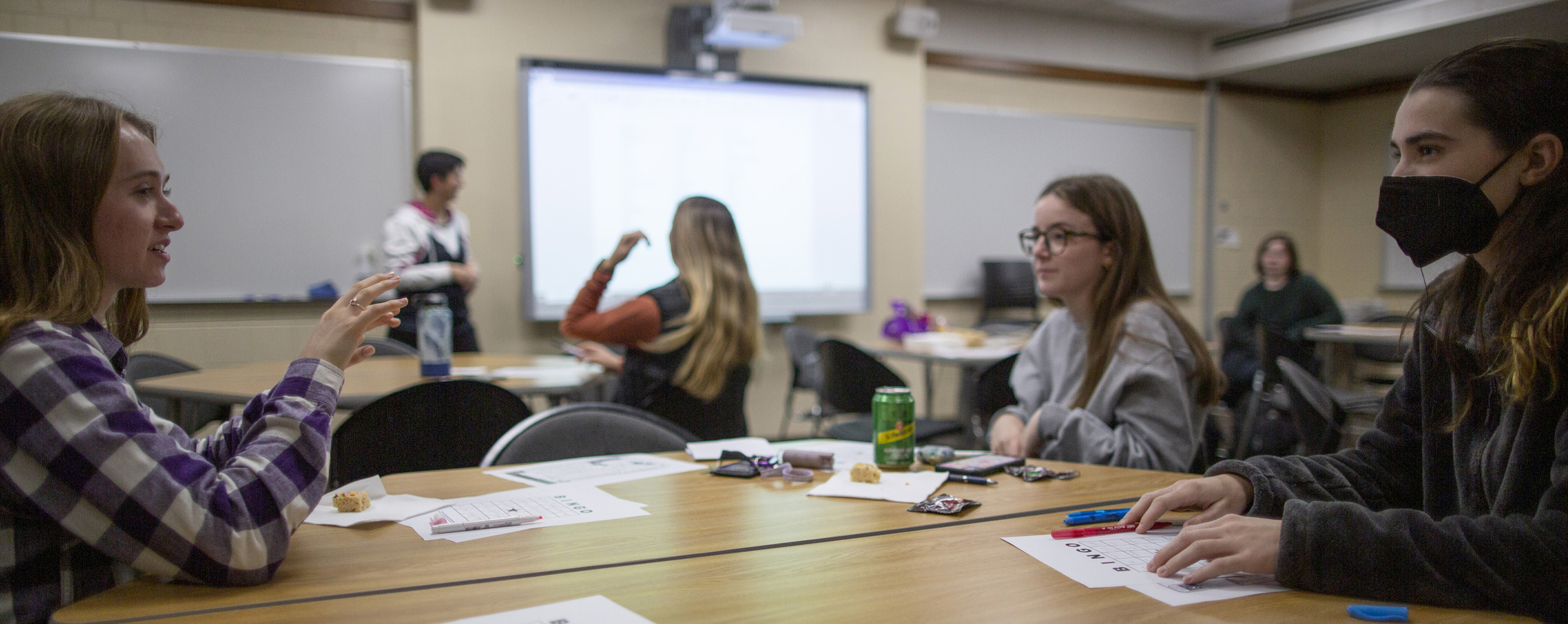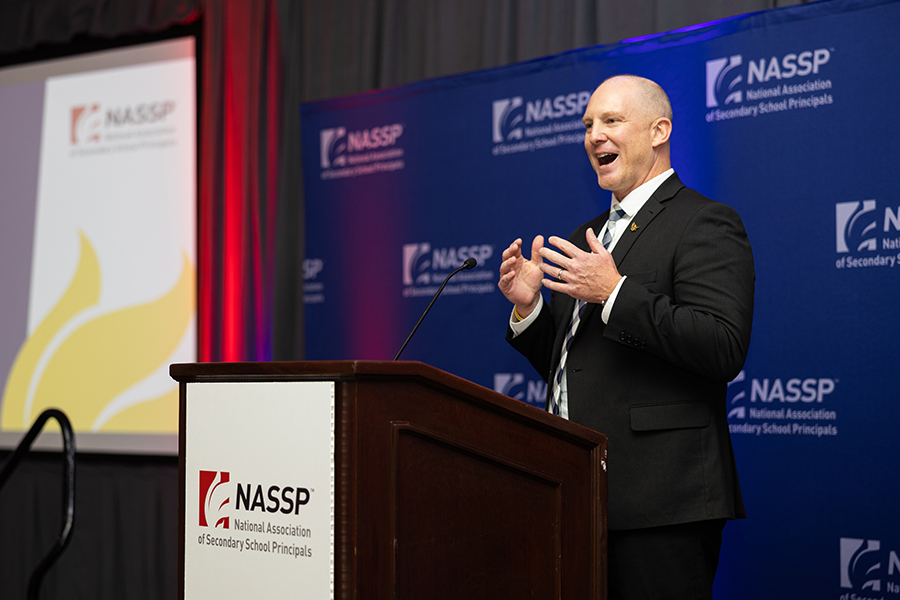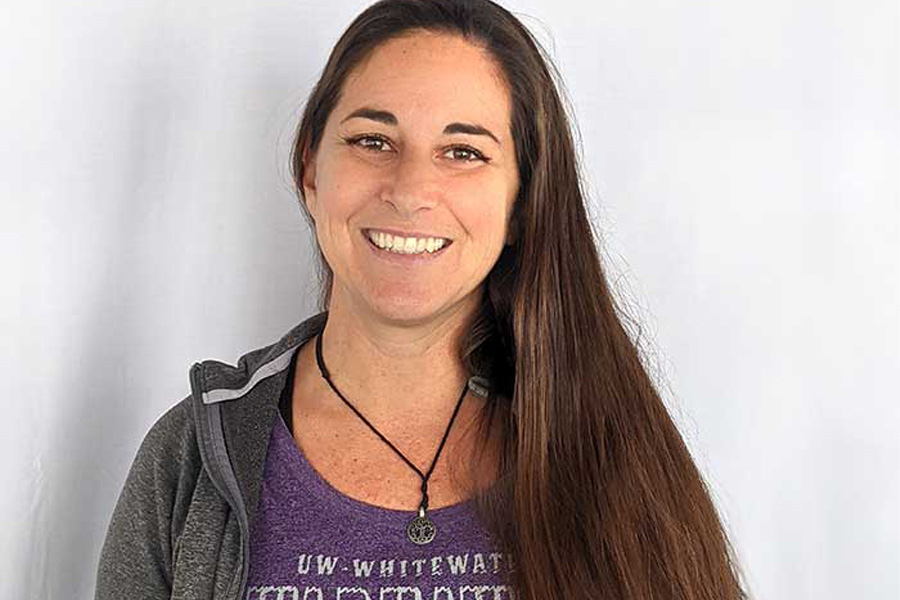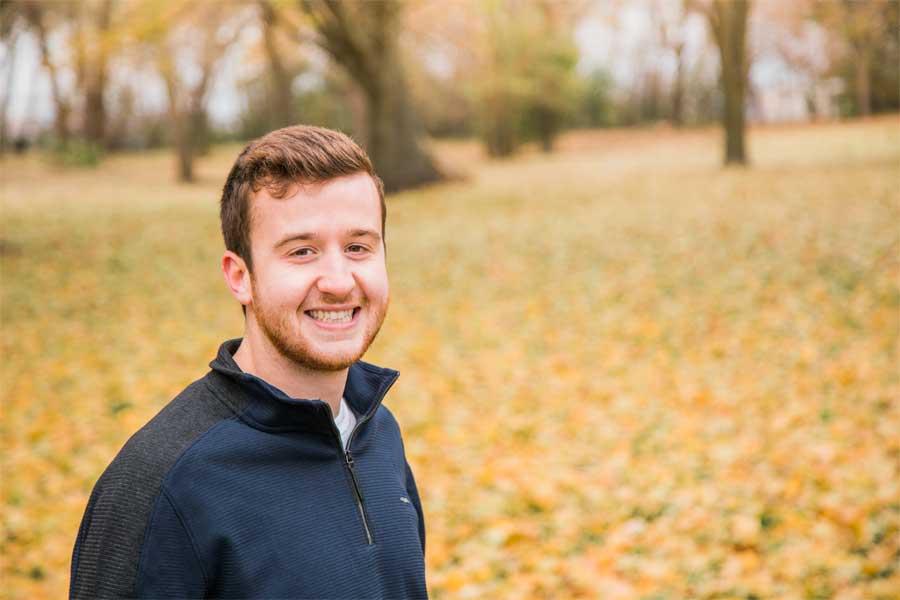State approves funds to renovate UW-Whitewater’s flagship education buildings
March 06, 2024
Written by Jeff Angileri | Photos by Craig Schreiner
Wisconsin’s future educators will have a significantly upgraded home to earn their teaching licenses thanks to an upcoming renovation project at the University of Wisconsin-Whitewater.
Nearly $78.5 million is designated for the project as part of a capital budget bill, approved by the state legislature on Feb. 22 and signed into law by Governor Tony Evers on March 6.
The project will transform two 1960s-era buildings on the southeast side of campus.
The bulk of the funding will go toward a complete renovation of Winther Hall, home to the College of Education and Professional Studies. The renovations are sweeping and game-changing for the university’s acclaimed education program, and will resolve space and building infrastructure deficiencies, improve instructional and departmental spaces, and increase technology capabilities.
“With these capital improvements, UW-Whitewater can meet an increasingly critical workforce need,” said Chancellor Corey A. King. “There is a nationwide shortage of professional educators and teachers, especially in rural areas. UW-Whitewater proudly licenses more teachers than any other university or college in Wisconsin. This project gives us room to grow. It is an investment in Wisconsin’s future. We thank our government leaders for their overwhelming support of the project, as well as the students, faculty, staff, alumni and community stakeholders whose advocacy helped move it forward.”
In an August 2023 report, the Wisconsin Policy Forum reported the number of teachers working on a license with stipulations, or an emergency license, was 3,197 in 2021-22. That number, which represents individuals teaching in classrooms without being fully prepared or fully licensed to teach in the areas they were hired to teach in Wisconsin, has tripled since 2012-13.
“New graduates are needed in every education field,” said John Chenoweth, provost and vice chancellor for academic affairs. “UW-Whitewater prepares students for a full breadth of careers in preschool through postsecondary education fields. This includes not only pre-kindergarten through grade-12 teachers, but also pupil services such as school counseling, psychology and social work as well as school and district administrators, higher education professionals and early childhood leaders.
“The vast majority of our alumni - 84 percent - stay and teach in Wisconsin schools, meaning UW-Whitewater is uniquely positioned to change the trajectory of the state’s teacher shortage.”
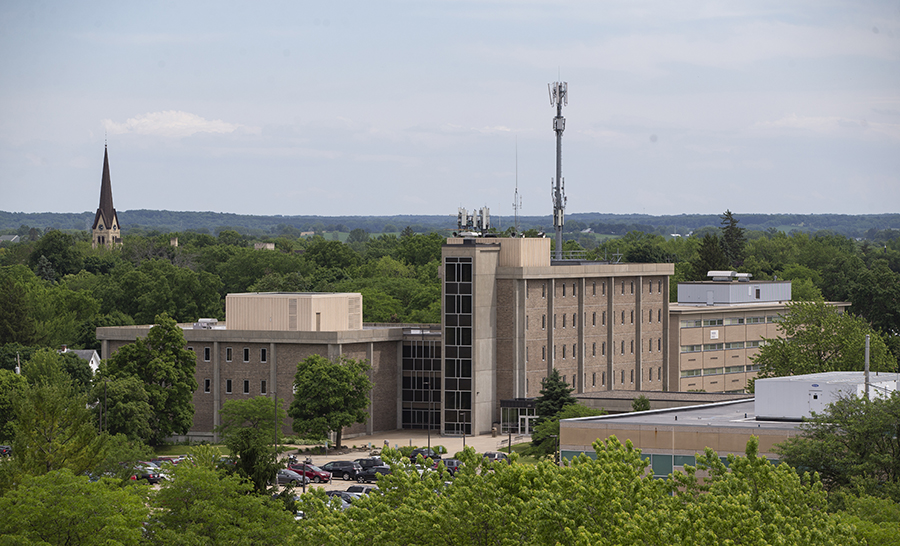
Winther Hall, center, and Heide Hall, right, are shown in their current configurations.
Built in 1969, Winther Hall will experience the most dramatic transformation. Specifically, the project replaces the roof, elevators and more than 200 windows. New exterior windows will be selectively installed to introduce natural daylight into areas of the building not previously used for instruction or where daylighting standards are not currently met.
It reimagines the existing footprint of the building to expand classrooms, instructional and computing laboratories, shared clinical space, and an advising center. Classrooms, lecture halls, and instructional laboratories will be reconfigured and expanded to accommodate modern instructional technology and flexible furnishings.
HVAC, mechanical, electrical/telecommunications, and plumbing distribution networks will be replaced and reconfigured as necessary to accommodate the new floor plan layouts.
Neighboring Heide Hall was built in 1965. This aspect of the project includes new elevators, a new roof, and new windows and doors.
A small addition will be constructed onto both Heide Hall and Winther Hall for accessible restrooms, in keeping with the UW-Whitewater’s priority mission to provide exceptional services for students with disabilities.
Architects started preliminary design in January, 2024. Construction is expected to start in late 2025 on Heide Hall first before switching over to Winther Hall. Construction is estimated to be complete in late 2028 for both buildings.
UW-Whitewater’s teacher preparation programs go back more than 155 years, when the campus was initially founded as Whitewater Normal School, which trained teachers for one-room school houses. The College of Education and Professional Studies now graduates about 800 people each year.

